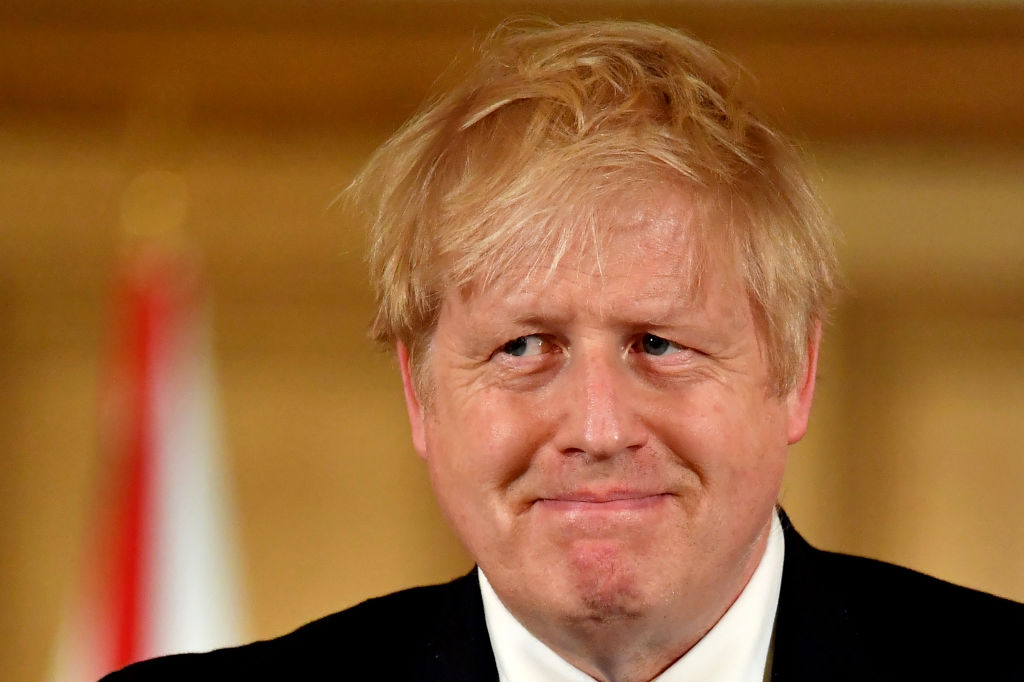What is the true cost of Covid-19? No one knows – yet. But it’s not going to be cheap. The Treasury has revised its borrowing plans for May to July up to £180 billion, four times what it planned to raise and over £20 billion more than it planned to borrow all year. So how are we going to pay for all this spending?
Policies at the heart of the government’s Covid-19 response, like the furlough scheme, are surpassing all estimations for uptake, and have been granted a limitless price tag by the Chancellor through to the end of June at least. As the economy contracts in a way that hasn’t been seen for a century, and as the cost of managing the crisis surpasses all the measures brought in to deal with our last major economic blow, some radical ideas are being put forward to deal with the financial aftermath.
In the Times today, Ed Conway looks at the prospects of a one-off wealth tax to cover the costs. It’s not exactly a rousing endorsement, listing out a multitude of reasons why such levies are a bad idea. He misses some out, like how a wealth tax works as double-taxation and punishment for anyone who made an effort to save, but it would be tough to include them all: the list of wealth tax problems runs long.
New property buyers and small business owners have plenty to worry about already, as what they scraped together to get a home or start a business may take a heavy beating from Covid. Some people will have already dipped into their savings to get through the Covid hibernation, as they’ve taken a pay cut through the furloughing scheme or lost their job all together. A tax on those diminishing rainy day funds won’t go down well. As Conway notes in his column, attempts to bring in wealth taxes have backfired where they’ve been tried, or seen wealth flee the country. The only way to implement a capital levy, he says, is to do it quickly and almost without warning. This tactic is presumably evidence in itself that a wealth tax isn’t the answer, as it breaks the social contract between taxpayers and Government: the former is willing to contribute, so long as it’s understood that what they earn and save is their own, not the property of the state to collect when it deems fit.
But if not a wealth tax, what other ideas are on the table? James Forsyth reports in this week’s Spectator that cabinet ministers believe austerity is ‘not politically possible’ this time round. Could other taxes temporarily be raised, as done during the Thatcher years, to tackle today’s problems quickly and make way for tax cuts down the road? Will the regulatory barriers that have been swiftly lifted on business to survive Covid-19 be abolished all together, to implement a growth agenda? Should the cost of Covid-19 even be keeping us up at night?
After all, it’s a one-off spending spree. Even if national debt peaks at over 100 per cent of GDP – the danger zone for economists – perhaps it could be chipped away at slowly but surely, as the costs of financing the debt are relatively cheap. Perhaps the answer to our Covid-19 finance worries is on this list, or a combination of these ideas, or something brand new. But now is the time to start thinking about the Treasury’s spreadsheets; the numbers are bound to get bigger.







Comments